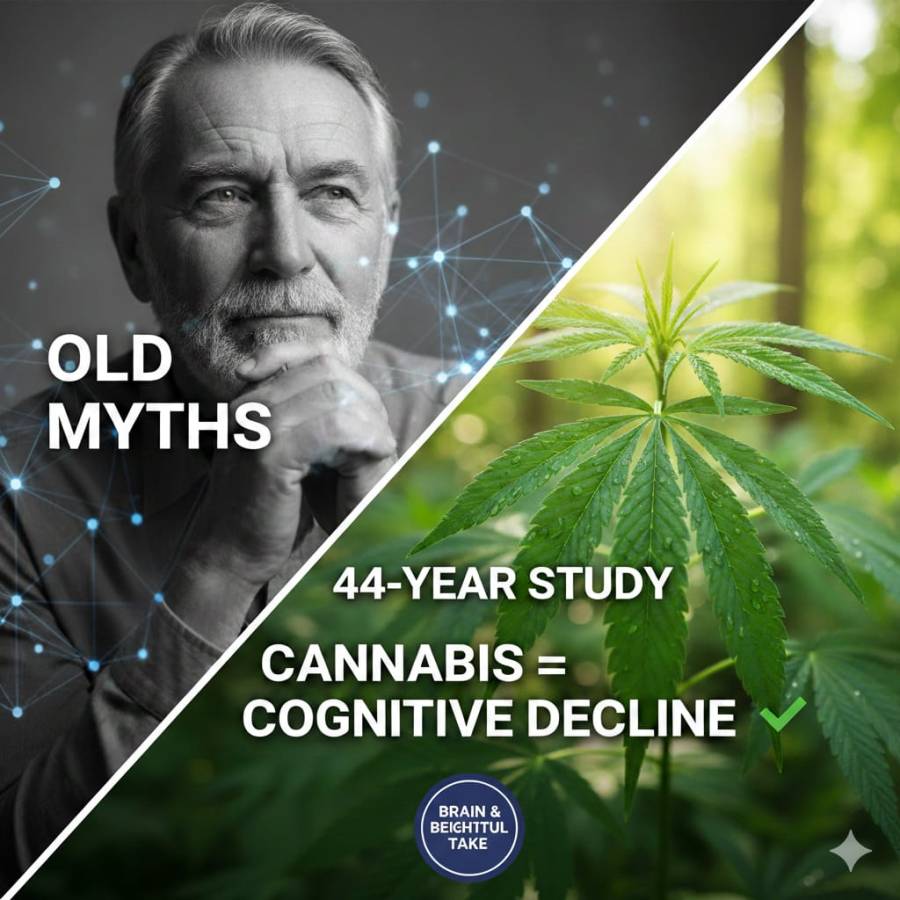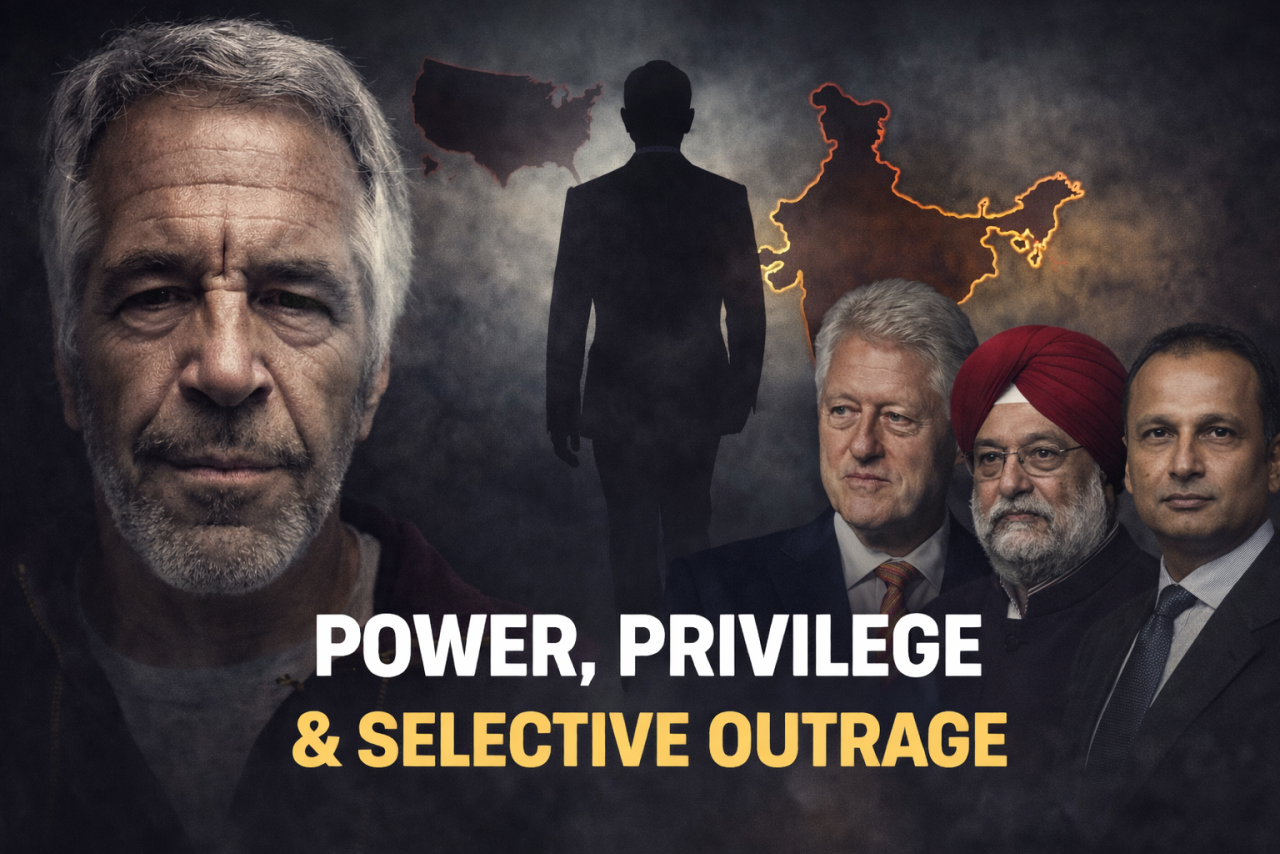
As the Ukraine-Russia conflict stretches into its fourth year, the grim shadows of war have become tragically ordinary. The international community continues to oscillate between cautious optimism and deep dismay, watching from afar as negotiations flicker and flare, only to recede into familiar silence. The most recent diplomatic attempts, hosted in Istanbul in early June 2025, offer a revealing glimpse into both the possibilities and the paralysis that define modern warfare diplomacy.
The Istanbul negotiations, facilitated by Turkey’s President Recep Tayyip Erdoğan, brought together high-level delegations from Ukraine and Russia. Though some hailed the talks as a "humanitarian breakthrough," the reality is sobering. While both sides agreed to limited measures-notably, the return of fallen soldiers’ bodies and the exchange of critically wounded prisoners-the larger issues of ceasefire and territorial sovereignty remain unresolved. Ukraine requested a comprehensive 30-day ceasefire. Russia countered with a narrow offer: a 2-3 day truce limited to specific frontlines to allow for the retrieval of the dead. This asymmetry in proposals is not merely tactical; it reveals fundamental differences in political will and strategic calculus.
Ukraine’s President Volodymyr Zelenskyy, facing both battlefield fatigue and domestic pressure, has repeatedly emphasized the need for an "honorable peace," not a temporary pause that allows Russia to regroup. Meanwhile, Russia, under Vladimir Putin, appears to be playing a longer game-delaying broad concessions while using limited truces to portray itself as a willing partner in peace. In this dance of shadows, humanitarian gestures are often leveraged not for relief but for optics.
Compounding the difficulty, the Istanbul talks coincided with Ukraine’s launch of a massive drone strike targeting Russian airbases deep within its territory. While Kyiv defended the operation as a legitimate response to increased Russian shelling, the timing cast a pall over the fragile negotiations. For many observers, it signaled the paradox at the heart of this conflict: diplomacy and destruction advancing in lockstep.
Yet, amid the cynicism, one must acknowledge the symbolic significance of any dialogue. The fact that representatives from both nations are willing to share a table is not trivial. It underscores a recognition-however reluctant-that neither side can achieve its aims through sheer force. This is not merely a military impasse; it is a philosophical one. What does victory mean in a world where civilian lives are the currency of stalemates? What shape does peace take when trust has been scorched to ash?
President Erdoğan’s proposal for a high-level summit involving Putin and Zelenskyy-possibly with mediation from figures like U.S. President Donald Trump-has sparked both hope and skepticism. Critics argue that such a summit risks devolving into a theater of egos rather than a crucible of solutions. Others see it as a necessary, if imperfect, forum to unlock political momentum. After all, wars do not end when the last gun falls silent; they end when leaders dare to imagine co-existence.
For the global community, the Ukraine-Russia conflict has become a litmus test for the efficacy of international diplomacy in a multipolar world. The United Nations, largely sidelined, continues to issue statements of concern. NATO remains torn between deterrence and escalation. China, ever the geopolitical pragmatist, urges dialogue while deepening ties with Moscow. And the European Union, facing a refugee crisis and economic shockwaves, grapples with unity and fatigue.
What emerges from this mosaic is a stark lesson: peace is not merely the absence of war. It is the presence of dialogue, the courage to compromise, and the moral clarity to distinguish justice from vengeance. In an age where disinformation travels faster than diplomacy, the burden falls on global citizens, journalists, and thinkers to demand substance over spectacle.
The Istanbul talks, imperfect and incomplete, are nonetheless a reminder that even in the darkest winters of human conflict, embers of peace can be kindled. But they require more than symbolic gestures. They demand hard choices, painful admissions, and above all, a shared humanity.
In 2025, the world no longer has the luxury of viewing distant wars as background noise. The reverberations of this conflict-from energy markets to food supplies, from cyber warfare to global alliances-are profound and pervasive. If peace in Ukraine is to become more than a diplomatic talking point, then the international community must treat it not as a regional squabble, but as a collective moral imperative.
Only then can we hope to navigate this fragile path, not toward a perfect peace, but toward a livable future.





















